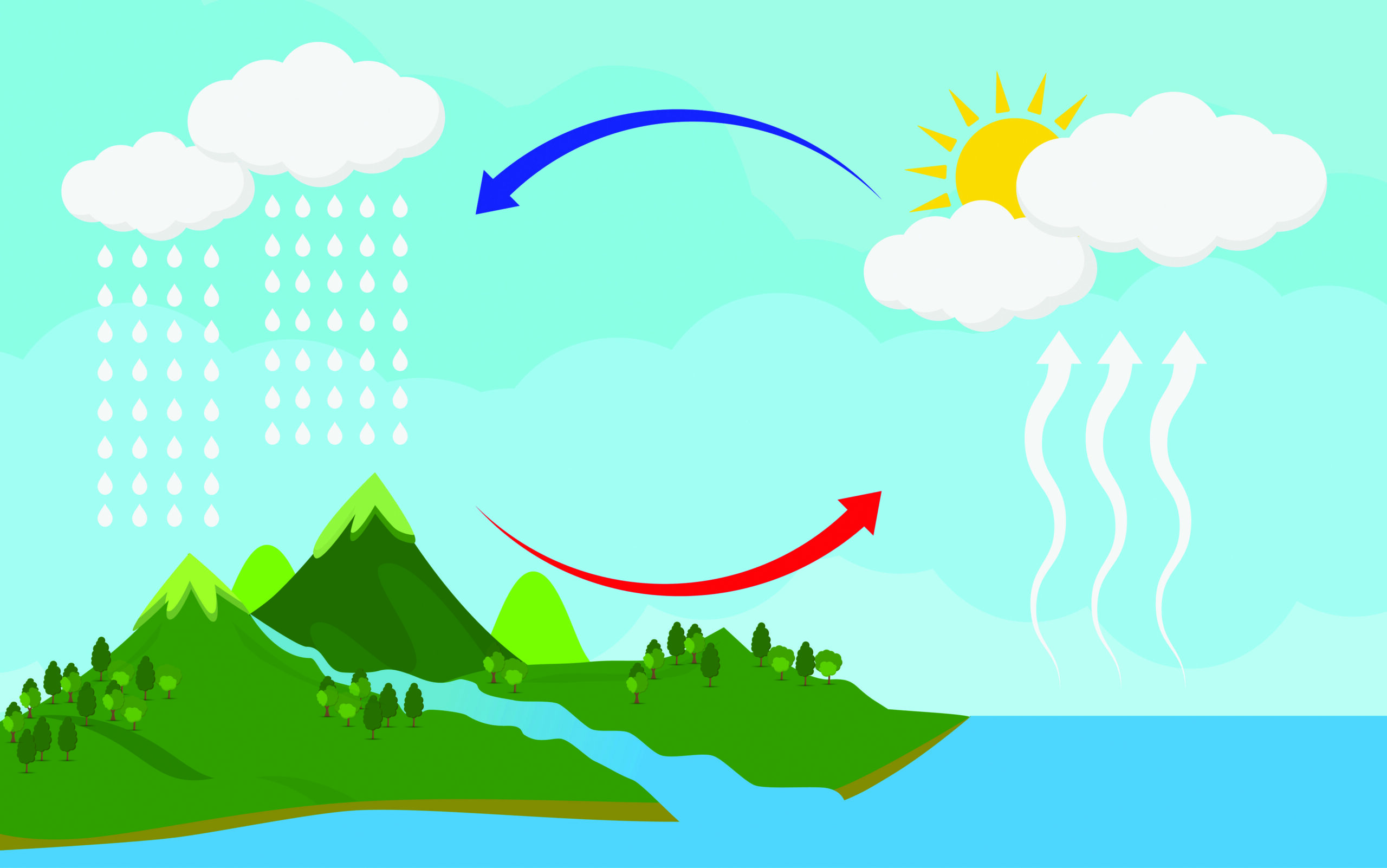Renewable resources are natural materials that can be used repeatedly without running out. Think back to elementary school—sunshine, wind, carbon and water are all renewable.
See the water cycle pictured above. Are the school memories flooding back? Water falls from the sky as rain or snow and is collected in lakes, rivers and oceans. Heat encourages evaporation, and the vapor condenses into clouds before starting the cycle all over again.
According to National Geographic, Earth has recycled water for more than 4 billion years. So if it never runs out, why concern ourselves with conservation?
Water isn’t always replenished immediately. Consider the Edwards Aquifer, located in Central Texas. In recent decades, increased demand has threatened the future reliability of its water table due to lower rainfall averages in the area. If the aquifer is drained faster than it can be replenished, a water shortage can occur.
We need fresh water to survive. While water seems infinite, a limited amount of it is safe to drink for humans and other living things. Less than 3% of Earth’s water is fresh.
The location of fresh water varies. Some areas have more access to drinkable water than others. For example, if there was a water shortage in the desert, how difficult would it be to transport from other areas to ensure the survival of its residents?
Just because water is renewable doesn’t mean it can’t run out. Take steps to conserve your water use, like shorter showers or turning off the water when you brush your teeth, so we can guarantee fresh water for years to come.


